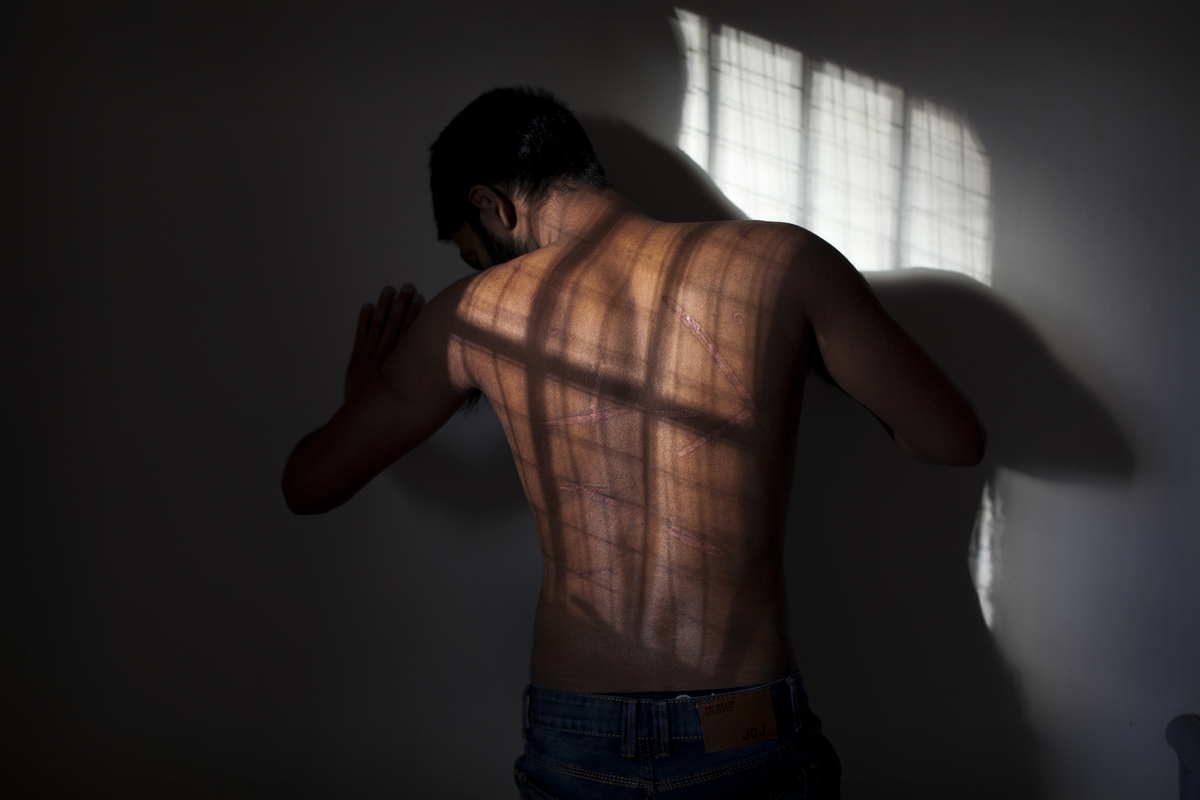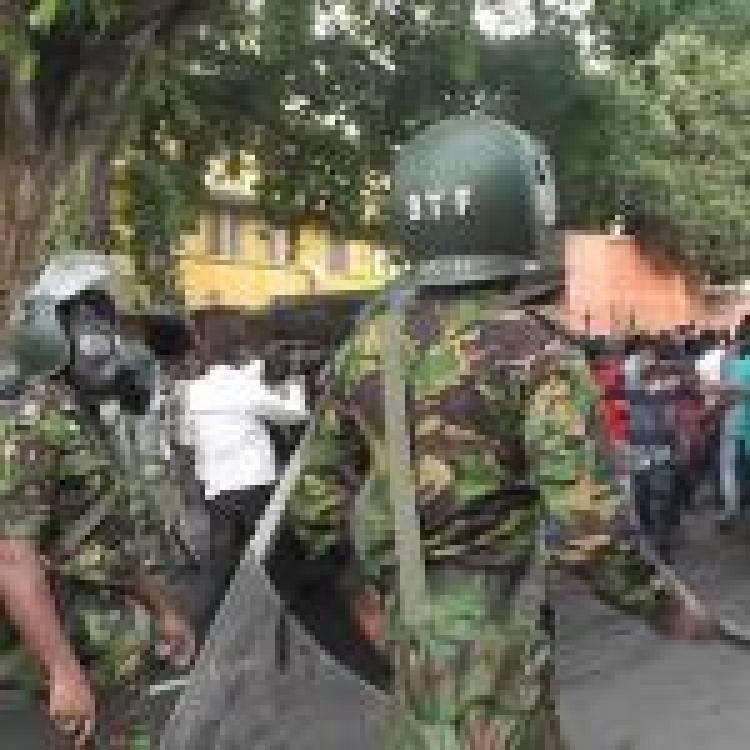The British government may continue to train Sri Lankan police, even after Police Scotland announced it would not extend its contract after March 2022 due to ongoing human rights concerns on the island.
According to The Sunday Post, the UK Foreign Office said:
“Police Scotland’s decision does not mean that there will be no future programme of UK-funded support to the Sri Lankan police.”
“The British High Commission is considering its approach to any future programme and the ongoing review will be taken into account alongside a number of other factors. We continue to engage with the Government of Sri Lanka on these important issues.”
Tamils in London and in Scotland reacted with dismay at the Foreign Office letter, which comes just months after Police Scotland declared it was “not going to seek to renew engagement to support policing in Sri Lanka”. This move followed years of campaigning for Police Scotland to terminate its programme with Sri Lanka, which has been seen as a smokescreen for human rights abuses.
“Sri Lanka’s police force is one of the most brutal in the world,” said Kavi, an activist who was involved in a demonstration against Sri Lankan president Gotabaya Rajapaksa as he visited Glasgow last year. “They have tortured, raped and killed. They continue to commit crimes with almost absolute impunity. Britain needs to apply pressure on Sri Lanka to bring those police officers to justice, not give them training.”
“There is no evidence to suggest previous support from British police helped improve human rights in Sri Lanka,” MSP Mercedes Villalba told The Sunday Post. “In fact, there have been reports that abuses ‘surged’ during the pandemic. It is therefore inexcusable for the UK Government to countenance further support for Sri Lankan forces. ”
“This is simply unacceptable and I will be writing to the Foreign Commonwealth and Development Office to ask for clarification,” commented Scottish Conservative Shadow Social Justice Secretary Miles Briggs.
Read more from The Sunday Post here.

File photograph.
Sri Lanka’s armed forces, including its police force, have a long history of rights abuses and impunity.
In one particularly egregious case last year, the parents of a Tamil youth who was beaten to death in Batticaloa said the accused police officer boasted of committing at least 9 different murders.
A Tamil torture survivor who suffered rights abuses spoke out against Scotland’s training of Sri Lankan police last year.
“Your police may believe they are doing something to improve the way we are being treated in Sri Lanka, but our police and security forces are using them,” he said. “They are not interested in human rights.”
“If Scotland wants to help my people, stop providing police training and help feed Tamil families who have been forced into poverty because of the violent regime we are living under.”




